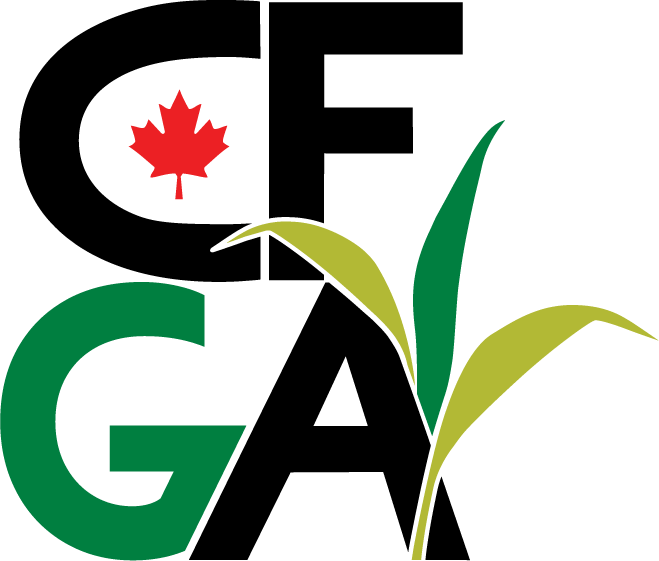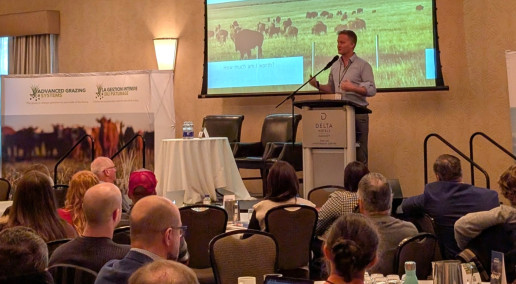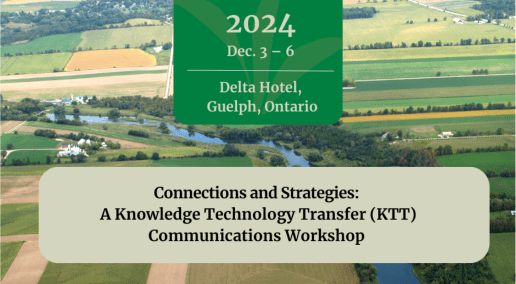Hari Poudel is a forage breeding research scientist at Agriculture and Agri-Food Canada’s (AAFC) Lethbridge Research and Development Centre, one of four dynamic forage breeding programs operating across the country. Research currently focuses on over 10 tame forage species to adapt cultivars to environmental challenges, and enhanced productivity and to better support farmers.
Hari’s research focuses on developing climate-resilient perennial forage crops suited to Western Canada with the aim of improving productivity and quality while reducing the environmental footprint using both conventional and innovative breeding approaches.
Hari presented on advances in Canadian forage breeding at the Canadian Forage and Grassland Association’s (CFGA) 2025 conference in Guelph Ontario in December.
Breeding perennial forage is a long process. The first five to 10 years involves developing a population. This is followed by three to five years of field trials. Once the new variety is assessed, it is then licenced and marketed. In total, it’s a 12- to 15-year process that costs up to $500,000.
There are very few commercial breeding programs in Canada, but there are five public programs with various studies in development. These include:
- Enhancing forage productivity and resiliency by developing pasture mixture and forage legumes for the long-term sustainability of ruminant production.
- Creating an alfalfa cultivar that is winter-hardy and tolerant to mid-summer drought, spring and fall water-logging and frequent grazing.
- Improving forage nutritive value and yield for alfalfa with more cold-tolerant characteristics, while providing higher dry matter and a greater yield.
- In western Canada, programs are developing cultivars with salt tolerance, acid tolerance and higher seed yield, including a new salt-tolerant alfalfa. Drought-tolerant alfalfa is also being developed in Lethbridge.
- Lipid improvement in alfalfa and sainfoin.
Alfalfa is the only common species across all breeding programs.
Forage breeding programs play a critical role in ensuring the sustainability of Canadian agriculture, said Hari.
2024 conference recordings
To hear all of this presentation, you can purchase access to it, and all of the recordings from the 2024 conference proceedings. Note, the recordings are available for free to those who registered for the 2024 conference. For more information, email [email protected].
Save the date for the CFGA’s 2025 conference
The CFGA’s 16th Annual Conference will take place November 18 to 21 in Fredericton, New Brunswick. The conference is being organized in partnership with the CFGA provincial partner the New Brunswick Soil and Crop Improvement Association (NBSCIA). The theme is Greener Horizons: Technological Innovations in Forage and Grassland Management and the event will include pre-conference workshops, two days of presentations and a not-to-be-missed post conference tour to several New Brunswick farms. More details coming soon.




Leave a Comment